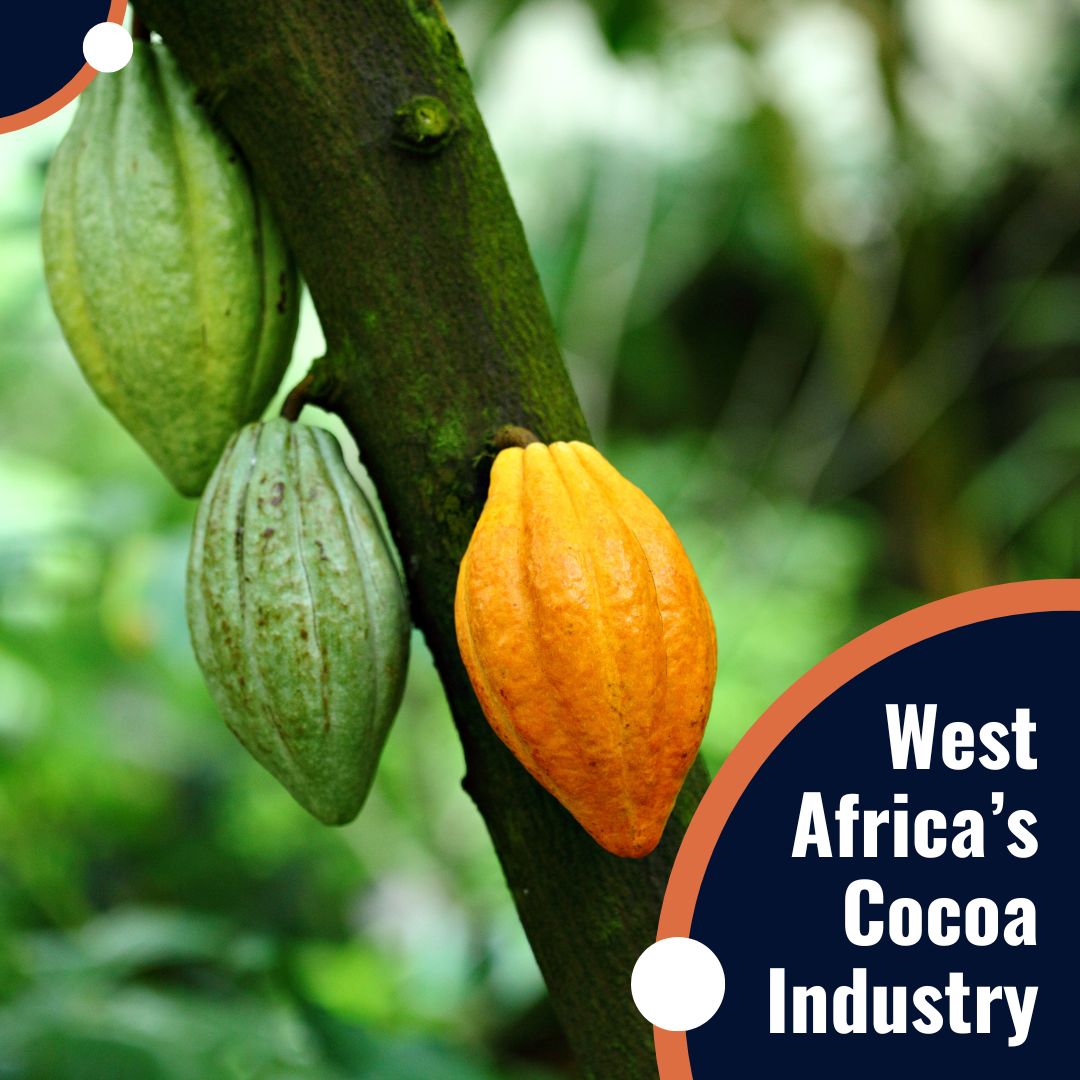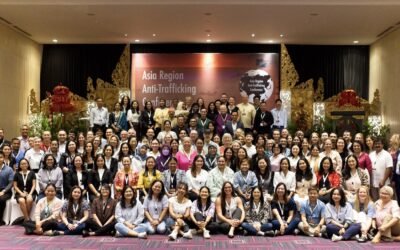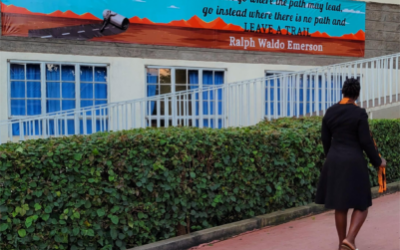At Free the Slaves, our commitment to ending modern slavery drives us to continuously investigate and shed light on the exploitative practices that persist in various sectors. Today, we are proud to announce the release of two new research reports focused on forced labor and child labor in the cocoa sectors of Nigeria and Ghana. These reports are part of an ongoing series that also includes earlier studies from Cameroon and Côte d’Ivoire, providing a comprehensive view of the deeply entrenched human rights violations plaguing West Africa’s cocoa industry.
Insights from Nigeria and Ghana
The newly released reports on Nigeria and Ghana offer an in-depth examination of how forced labor and child labor continue to underpin cocoa production in these countries. Despite being among the top cocoa producers globally, Nigeria and Ghana have long struggled with the dark side of this industry. Our research reveals that, much like in Cameroon and Côte d’Ivoire, the cocoa sectors in these nations are marred by forced labor and child labor, where both adults and children are trapped in cycles of abuse and exploitation.
In Nigeria, forced labor is prevalent among migrant workers, who often find themselves trafficked and exploited under severe conditions. These workers, including children, are subjected to long hours, inadequate pay, and harsh living environments. Our findings indicate that many of these workers are isolated on remote cocoa farms, making it nearly impossible for them to seek help or escape their circumstances. Similarly, in Ghana, children are frequently employed in hazardous tasks on cocoa farms, where their health, safety, development are compromised and access to education is denied.
Comprehensive Understanding Across the Region
These reports follow our earlier studies from Cameroon and Côte d’Ivoire, which highlighted similar patterns of exploitation. In Cameroon, we found that children, especially those from marginalized communities, are at high risk of being trafficked into forced labor on cocoa farms. Meanwhile, Côte d’Ivoire, the world’s largest cocoa producer, continues to grapple with widespread forced labor among migrant workers, many of whom are lured by false promises and trapped in a cycle of debt and exploitation.
Why These Reports Matter
These reports are not just a documentation of the harsh realities faced by workers in the cocoa sector; they are a call to action. The findings underscore the urgent need for a collective effort to address the root causes of forced labor and child labor in West Africa. By exposing these practices, we aim to influence governments, chocolate companies, and consumers to take meaningful steps toward eradicating slavery in the cocoa industry.
The reports also serve as a critical resource for policymakers, NGOs, and advocacy groups working to improve labor conditions in the region. By understanding the specific dynamics at play in each country, stakeholders can develop more targeted and effective interventions to protect vulnerable populations and ensure that the chocolate we enjoy is not tainted by exploitation.
Moving Forward
At Free the Slaves, we believe that awareness is the first step toward change. By bringing these issues to light, we hope to empower governments, individuals and organizations to support initiatives that promote fair labor practices in the cocoa industry.
We invite you to read these reports, share them within your networks, and join us in our mission to create a slavery-free world.
Download the Reports:
• Forced Labor and Child Labor in Nigeria’s Cocoa Sector
• Forced Labor and Child Labor in Ghana’s Cocoa Sector
• Forced Labor and Child Labor in Cote d’ Ivore’s Cocoa Sector
• Forced Labor and Child Labor in Cameroon’s Cocoa Sector




